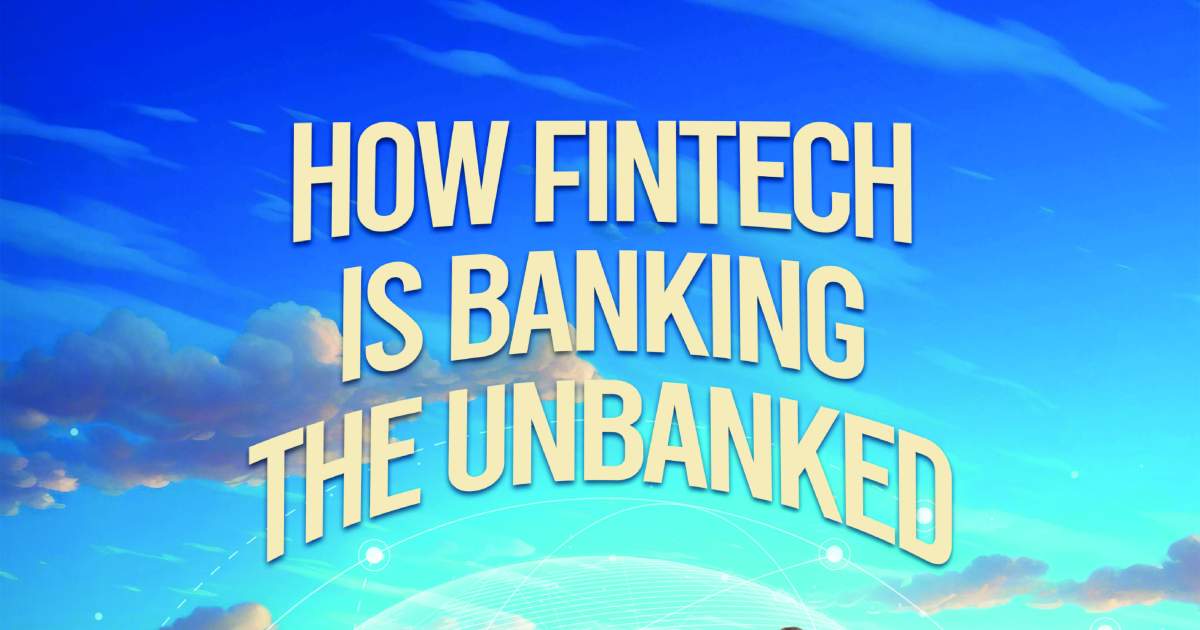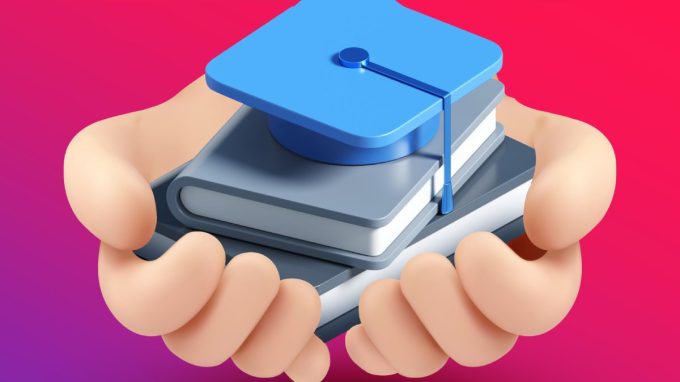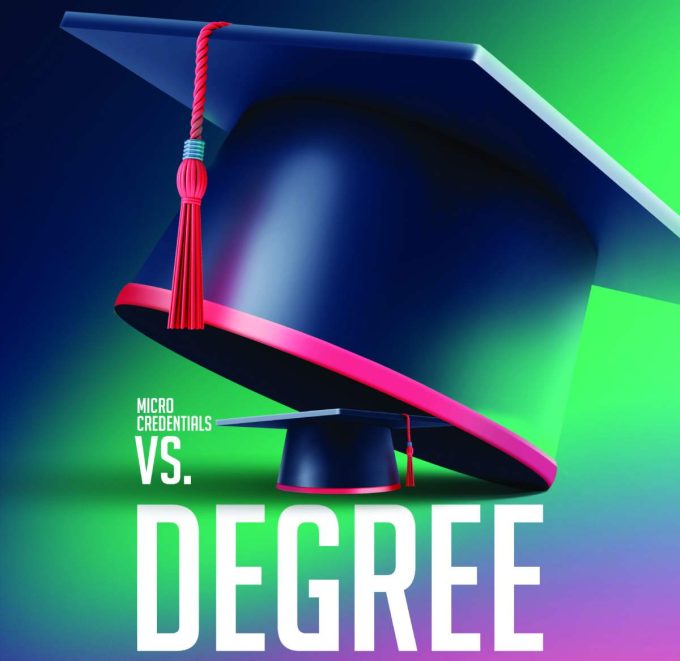As fintech booms in Pakistan, is access enough, or are we mistaking digital convenience for real empowerment? A traffic signal moment provokes a deeper look.
I was on my way back from work, grumpier than a middle-aged uncle in a Pakistani drama (I hope I don’t get cancelled for this), when the car stopped at that one dreaded one traffic signal. ‘Luther’ by Kendrick Lamar was blasting in my headphones when I heard the all-too-familiar knock on the window. I gestured to the woman in need that I didn’t have any cash. But instead of walking away, she smiled and said, “Koi masla nahi, JazzCash kar dain.”
That brief traffic signal encounter was such a powerful reminder of how fintech is rewriting the rules of financial access in Pakistan. But the question is, for whom?
The ‘unbanked’ are those who lack access to mainstream bank services: no savings account, no credit cards, no financial records. Pakistan’s rural communities, low-income workers, women with no documents, and even some urban informal workers fall into that category. They have lived in the shadows of the financial system for decades. Keeping savings in cash, borrowing from friends, and living with no safety nets.
But with the rise of fintech, or financial technology, the walls are finally coming down. Our generation grew up watching digital wallets like PayPal in Hollywood films. Wondering if we’d ever catch up because, for the longest time, Pakistan’s banking system felt stuck in the past.
In recent years, there has been a rapid surge in fintech platforms such as JazzCash and easypaisa. To serve credit where credit is due, they have induced some form of financial literacy amongst the masses. From transferring money overseas to receiving payment. Even for a single pack of juice from a cashless member of Gen Z (I’m assuming there are many others as brave as I am, who do not even carry 50 rupees in cash). These apps have come a long way.
According to an article on fintech innovation in Pakistan by Invest2Innovate, the country aims to increase the current 63% adult financial inclusion to at least 75% by 2028. Fintech platforms can help accelerate this goal. JazzCash and easypaisa each have over 15 million monthly users.
Fintech has also attracted the most funding in 2024. The collaboration of digital wallets with other platforms, such as ride-hailing services, has also provided customers with ease. Gone are the days when you had to carry heaps of cash for a cab ride. “Here, I have transferred your 562 Rupees, thanks.”

Word of mouth is one aspect. But the advertising campaigns by these platforms are praiseworthy. easypaisa ‘Easy Wala Bank’ campaign is the most recent one. Even though many would argue that the ads did not translate exactly what they wanted to communicate.
In my opinion, easypaisa has already penetrated the unbanked. This campaign’s target audience was the literate, banked, and future-ready. It was a witty dig at conventional banks, while also announcing their evolution into a digital bank.
My curiosity about the progress of the finance sector in Pakistan and the steps being taken by the traditional banks to keep up with digital wallets led me to talk to a figure of authority at First Women Bank. During the conversation. I learnt that the primary reason why so many people are still unbanked in Pakistan is the lack of a database.
Many of these individuals don’t even have ID cards and wouldn’t bother to get them unless absolutely necessary. In several sectors, employers still hand out salaries and pensions through thumb impressions on paper because the recipients never considered opening a bank account.
I asked her with an embarrassing amount of confidence about the steps they were taking to counter the countless digital wallets luring people towards them. As it turns out, I haven’t encountered less than 30% of the actual unbanked population.
She told me that for nearly 11 years, banks have been taking steps to include the unbanked, and that digital wallets still don’t pose a threat to conventional banking. The various initiatives by the State Bank of Pakistan (SBP), such as RAAST and Asaan Mobile Accounts, have been a huge success nationwide because of how easy it is to open and operate accounts.
They haven’t only helped with financial inclusion but are also addressing gender disparity. 35% of Asaan Mobile Accounts were opened by women in 2023. This mission of banking the lesser privileged will ultimately aid in building a proper database for Pakistan as well.
The most important question that was raised in that conversation was. Would you trust something that provides you with the tiniest bit of ease or tangible, something that provides accountability if things go south?
RAAST, one of the biggest initiatives by SBP, enables users to connect their phone numbers with their bank accounts, making fund transfers easy and absolutely free. What I concluded from the debate was, we’re getting there.
That glitch in my routine at the traffic signal not only made me transfer 100 rupees to the lady in her JazzCash account. But it also made me re-analyse who I think of as users of financial technology. Fintech is, without a doubt, easier, faster, and in many ways, more inclusive than the traditional banking system ever was. But access isn’t the same as empowerment. A digital wallet account doesn’t magically fix generational exclusion, lack of literacy, or the absence of a formal ID.
The real challenge, beyond reaching the unbanked, is educating, retaining, protecting, and watching them grow within the system. Because if the digital revolution is for everybody, then everybody should have something beyond just a wallet. They should have their seat at the financial table.









